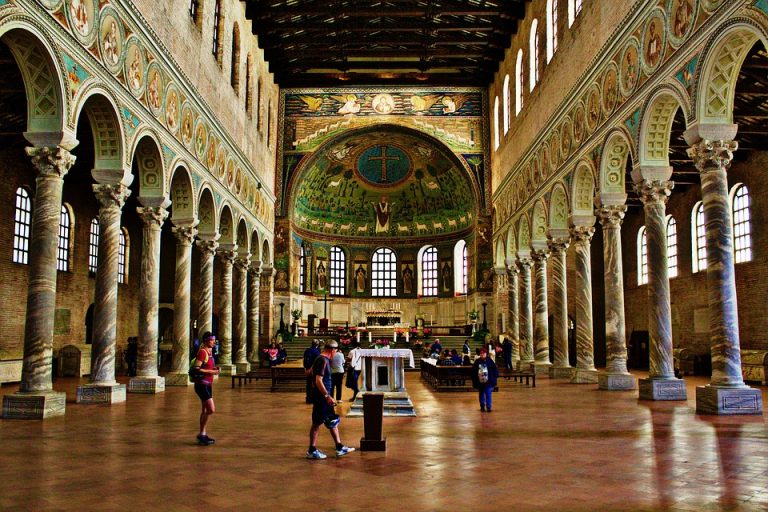The early Christian era was marked by a profound clash between the burgeoning faith of Christianity and the entrenched powers of the Roman Empire. In the face of relentless persecution, believers displayed unwavering faith and courage, often to the point of martyrdom. Their stories of resilience and sacrifice continue to inspire and resonate with believers today. In this article, we delve into the reality of persecution and martyrdom in the early Christian era, drawing upon God’s word that illuminate the steadfastness of faith amidst adversity.
- Scriptural Foundations of Persecution
The New Testament provides ample evidence of the persecution faced by early Christians. Jesus himself warned his disciples of the opposition they would encounter for the sake of the Gospel (Matthew 10:22, John 15:18-20). The apostles, in their letters, addressed the suffering endured by believers for their faith (2 Corinthians 4:8-10, 1 Peter 4:12-16). Revelation, written during a period of intense persecution, offers words of encouragement and assurance to persecuted Christians (Revelation 2:10).
- Imperial Hostility and Legalized Persecution
Persecution of Christians in the Roman Empire intensified under various emperors, particularly during the first three centuries. Nero’s persecution following the Great Fire of Rome in 64 AD set a precedent for state-sponsored violence against Christians. Subsequent emperors, such as Domitian, Trajan, Decius, and Diocletian, issued edicts demanding allegiance to the Roman gods and suppression of the Christian faith. Refusal to comply often resulted in imprisonment, torture, and execution.
- Martyrdom as Witness and Testimony
Martyrdom, from the Greek word “martus” meaning witness, was visible as the ultimate testimony of faith in early Christianity. Believers willingly faced persecution and death rather than renounce their allegiance to Christ. The accounts of martyrs such as Polycarp, Ignatius of Antioch, Perpetua, and Felicity inspire awe and admiration for their steadfastness in the face of extreme adversity. Their courage and resilience served as a powerful witness to the truth of the Gospel.
- Perseverance and Triumph of the Faith
Despite the severity of persecution, the early Christian community continued to grow and thrive. The blood of the martyrs became the seed of the Church, as Tertullian famously observed. Persecution, far from stifling the faith, served to purify and strengthen it. The perseverance of believers in the face of hardship and persecution further exemplified the words of Paul in Romans 8:35-39, affirming that nothing can separate us from the love of Christ.
- Legacy and Remembrance
The legacy of persecution and martyrdom in the early Christian era endures as a testament to the enduring power of faith and the cost of discipleship. The stories of martyrs, preserved in historical accounts and hagiographies, continue to inspire and challenge believers to stand firm in their faith, regardless of the cost. Their sacrifice reminds us of the preciousness of religious freedom and the importance of defending the rights of conscience for all.
Conclusion
Persecution and martyrdom were defining features of the early Christian era, testifying to the depth of commitment and devotion among believers. In the face of hostility and oppression, they also stood firm in their faith, bearing witness to the transformative power of the Gospel. As we reflect on their legacy, may we draw inspiration from their example and remain steadfast in our own commitment to follow Christ, whatever the cost.
We at Wordembassy are highly regarded to be a significant affiliate for great products. As a result, we are paid a commission if you use one of these links to purchase a membership. You don’t, however, have to pay more for this. You may relax knowing that the information given here is reliable and accurate.






